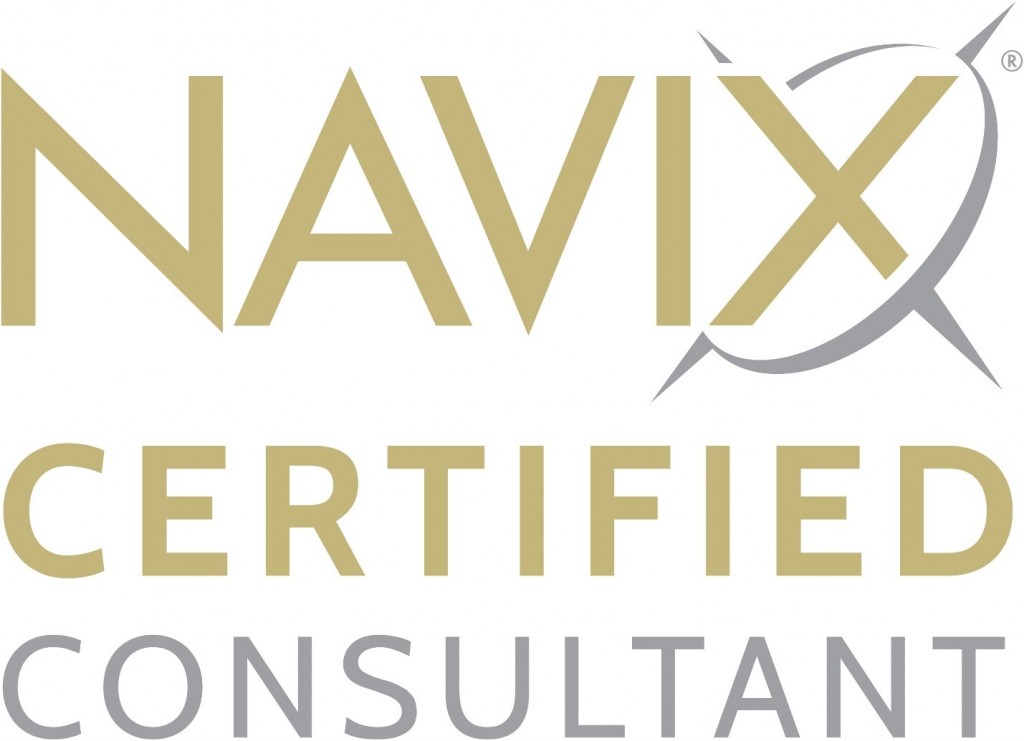
Posts Tagged "Sell your company"
How to Avoid Getting Burned by Earn-Outs When Selling Your Company
By: Patrick Ungashick

The term “earn-out” usually sends a shiver down the spine of business owners. And for a good reason. Business owners seeking to sell their business at exit overwhelmingly prefer all-cash deals. Owners know that any portion of the purchase price held back at closing is at risk—you might never see those dollars. Despite owners’ overwhelming preference, most deals are not 100% cash transactions, but instead, include any number of mechanisms that pay additional dollars to the seller after closing only upon achieving certain results. One of the most common mechanisms is an earn-out. Here’s why owners seek to avoid earn-outs, and how to avoid getting burned by them if part of your deal.
Selling Your Company
First, a quick explanation of earn-outs. An earn-out is a provision defining how a selling owner may receive additional payments after closing, contingent upon specific results such as stipulated financial performance or milestones. Earn-outs are used to bridge valuation gaps between the seller and buyer. In essence, with an earn-out, the buyer is saying to the seller, “We will pay you more for your company later if you actually go out and achieve [blank]…”
Here’s an example. You believe your company is worth $15 million, in part because you trust the company will continue to grow 25% per year like it has the last few years. Your buyer is not convinced that the growth rate is sustainable and is only willing to pay $10 million at closing. To bridge the gap, your buyer agrees to an earn-out that may pay you up to an additional $5 million after closing if the company sustains the 25% (or better) growth rate over the next several years.
Earn-outs can be useful in bridging value gaps, and some deals might never be closed without incorporating an earn-out into the agreement. However, an earn-out often trades one problem (i.e. the buyer and seller do not agree on the price) for another set of problems:
- You and your buyer have to agree on the specific performance or milestones needed to receive earn-out payments. For obvious reasons, buyers prefer to tie earn-outs to the bottom line. Sellers, however, beware. After you have sold the company (or a portion of it), you probably are in control of very few factors that determine the bottom line. Sellers should seek to tie the earn-out to top-line results, as they are easiest to measure and hardest to manipulate.
- If you have an earn-out tied to financial metrics somewhere below the top line, you and the buyer must agree on key definitions and how those metrics will be calculated. It’s not enough to tie an earn-out to “net profits” without defining what goes into net profits, and what does not. The issue is more complicated than just agreeing on the meaning of certain words and phrases. After purchasing your company, the buyer may allocate some of its overhead and liabilities onto your company’s financial results. This could be a nasty surprise if you and the buyer did not precisely define net profits during the sale negotiation.
- Regardless of which metrics the earn-out is tied to, as the selling owner, you are still at risk if the buyer mismanages (unintentionally or intentionally) the company’s operations after the sale, undermining or outright killing any chance of hitting the earn-out targets. For example, assume you have an earn-out tied to top-line results. Using top-line revenue seems simple and clear. But the new owner can take any number of actions that make it hard or impossible to achieve the top line milestones: What if newly hired leaders are not competent? What if the new owner raises prices, ultimately decreasing sales or even losing customers? What if the new owner raids the company and redeploys some of your best salespeople to another department? What if the new owner changes the company name and, in doing so, disrupts marketing and lead generation? You, the selling owner, bear the risk of any decisions or actions that negatively impact company performance to the point that you do not hit your earn-out targets.
- You and your buyer have to agree on additional important terms and definitions, such as: How long will the earn-out last? Is there a cap on the potential payments? Can the missed earn-out installments be recovered if the company later catches up? Can the buyer offset indemnification claims against earn-out payments? These are only some of the critical issues that must be addressed and negotiated.
Maximizing Cash at Sale
Owners seeking to one day sell the company at exit must build a company that is so attractive to potential buyers that they will offer all-cash terms. Earn-outs at their core are a mechanism for buyers to limit risk: risk that the company will not perform as desired after sale; risk that existing customers will leave or decrease their volume; risk that top employees will flee, etc. Building a business that sells for all-cash terms involves more than just growing revenues and profits. To avoid earn-outs altogether, you must hire and align a quality leadership team, eliminate your involvement in routine sales and operations, achieve a strong track record of growth, reduce customer concentration, and have effective financial systems and processes. Building a business that is robust in these areas reduces buyers’ risk to the point that buyers do not see any need for an earn-out.

The second step to avoid getting burned by an earn-out is to hire and work with an experienced exit advisory team. Your accountant, lawyer, investment banker, and exit planner must have extensive experience with situations like yours and be qualified to give you sound advice. Your investment banker and lawyer, in particular, will be your A-team in negotiating the deal terms, especially any earn-out, and protecting your interests. Do not use general purpose advisors when selling your company. You carry the risk that any fees that you might save will be paid back multiple times over in future costs and losses.
At NAVIX, our clients are prepared to potentially sell their business for all-cash deals and have advisory teams qualified to help avoid the fallout caused by an ill-negotiated earn-out.
To learn more about how to prepare your company to sell for 100% cash, contact Tim to schedule a complimentary, confidential consultation 772-221-4499

 Tim is a Consultant to Business, Government and Not-for-Profits Organizations specializing in innovative and challenging ways for organizations to survive, to thrive and to build their teams.
Tim is a Consultant to Business, Government and Not-for-Profits Organizations specializing in innovative and challenging ways for organizations to survive, to thrive and to build their teams.